Aero Club of East Africa
The world looked so clean and untroubled during the flight in Bob’s light aircraft to George’s memorial at the Aero Club of East Africa. It was a relief to get away from the farm for a few hours. On 27 October a mob of 300 Samburu warriors armed with spears and knives cut down our boundary fences and invaded with 10,000 cattle. Since then they’ve hurled javelins and rocks at us, flattened pastures to dust, destroyed 15 kilometres of fencing, smashed windows, demolished huts, robbed what they could, cut water pipes, broken machinery and threatened our staff with murder until half of them ran for their lives. For days before the invasion we received calls from friends saying that politicians were urging the mob to hit us. I hoped the warnings were not true given that we had good relations with many of our neighbours. Those trespassers who would talk to us revealed that they were attacking precisely in order to smash up whatever plans we had to help our neighbours with grazing and their cattle.
George died of burns after his air crash and his memorial was outside the Aero Club bar. The reading from Ecclesiastes and speeches by the family were intermittently drowned out by the noise of machines taxi-ing and throttling up at take-off. George had been a Royal Marine and Conrad, his fellow Bootneck and a mountain of a Kenyan, recited Tennyson’s ‘Crossing the Bar’. Giles talked about George’s Boran cattle. George’s best friend Alastair told a funny story from their days at Rannoch, when at the age of 17 they managed to get an invitation from a couple of young Australian teachers who had previously been at the school to spend half-term with them in Paris. When it was time to return to Perthshire, they claimed to have food poisoning and skived off for ten days more. ‘All innocent, you understand,’ said Alastair, whose girlfriend Diane in Paris later became his wife — and there she was in the crowd, laughing.
Afterwards scores of farmers and pilots descended on the bar, smacking their lips for Tusker. I saw Hugh, the vet who had been called out to save some of George’s cattle that people like our own invaders have been shooting at through the farm fences. Thieves rustled George’s prize bull, which won junior champion at the show in July. Luckily it was recovered, much to the relief of George’s surviving family, now doing their best to carry on ranching. Mark had a beer in one hand and a phone in the other, calling back to his farm where shoot-outs can happen day or night. If you think this is like Zimbabwe, think again. There are all types here. An African farmer spun past me in his wheelchair, to which he’s been confined since he was shot twice while driving home in July. We drifted in and out of talking about the invasions, hoping to avoid the subject by finding a city person, but we all seemed to be from up country. One hopes that ways of life might change at a pace that is manageable, but it’s morbidly gripping to consider that ours might be vanishing fast.
Leaning over his Tusker, John tells a funny, sad story about how last week a butcher called up asking to buy fat cull cows. Two cheques were deposited in the bank, which advised that the money had been paid — so John allowed 32 cows to be loaded on to the buyer’s lorries. Hours after they drove away, the bank called to say the cheques had bounced. The ‘butcher’ has vanished. John’s daughter, chatting to friends nearby, is a picture of radiant beauty and her old man says proudly, ‘Ugly bulls produce the finest heifers.’
On the flight back up to the north we pass over tea gardens and hillsides of coffee, well-organised villages with schools and clinics on red soil ridges. Then the thick, mist-swathed forests of the Aberdares, clean waters flowing in big rivers, with Mount Kenya in cloud to the north-east, and we bank down across the ochre plains of Laikipia bathed in a ghostly evening light and descend until we see them again: thousands of cattle advancing south. Tens of thousands.
In the first week of the invasion the police visited a total of nine times. They drove up, disembarked and wandered about. ‘Hmm,’ they said, announced they could do nothing, and drove away. I asked, ‘What should we do?’ One officer advised sagely, ‘Resolve this with the elders…’ Another said, ‘Wait for the rains.’ They promised to file reports. They recorded our police statements. That was after one of my staff had been clubbed with knobkerries and was bleeding from the head. Another day the cops stole a sheep from the trespassers and later they fired three shots in the air. After they left, the trespassers came and threw rocks at us.
Every day now for three weeks, I have listened to thousands of cowbells passing the house, hour after hour. Once for me the happy sound of remote wells in arid country, cowbells have now become the soundtrack of my bad dreams, clonking relentlessly.
The post Wild life appeared first on The Spectator.
Got something to add? Join the discussion and comment below.
Get 10 issues for just $10
Subscribe to The Spectator Australia today for the next 10 magazine issues, plus full online access, for just $10.
You might disagree with half of it, but you’ll enjoy reading all of it. Try your first month for free, then just $2 a week for the remainder of your first year.


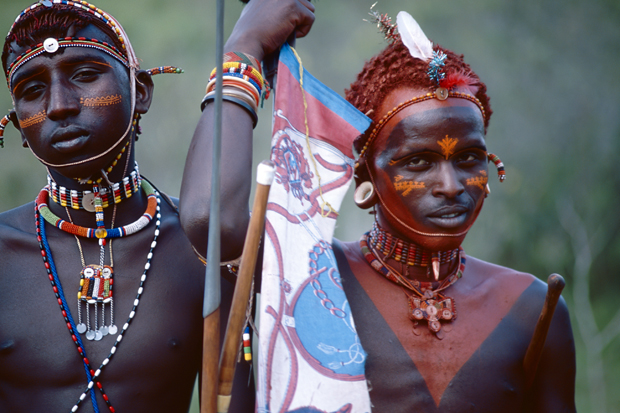
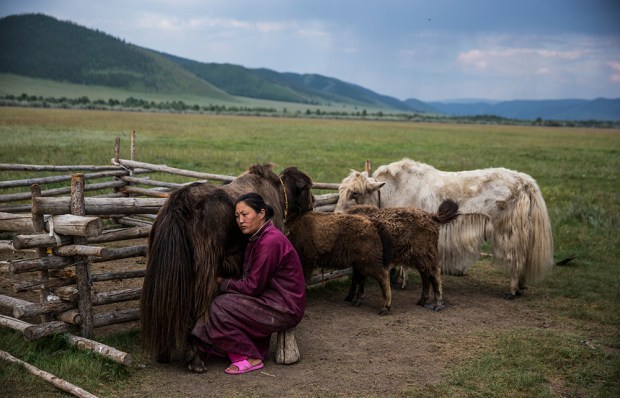
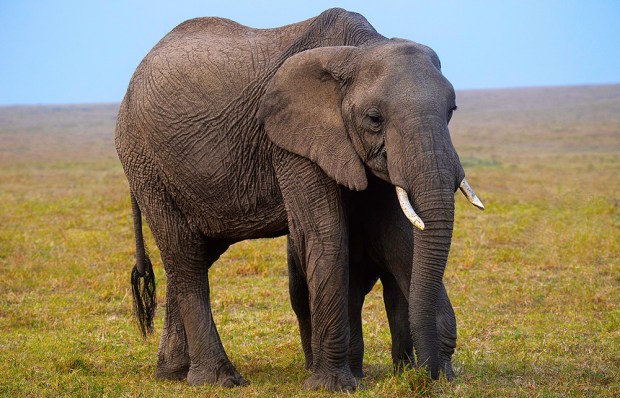
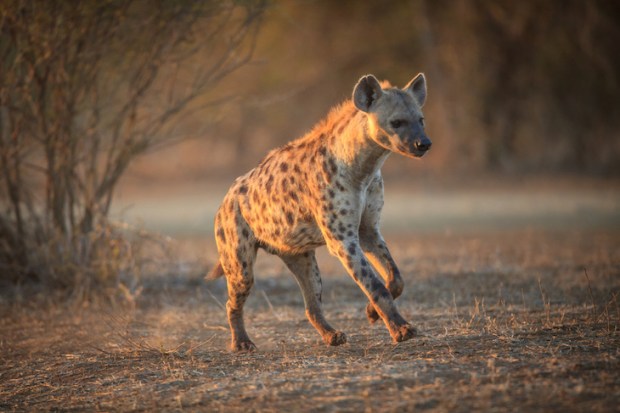
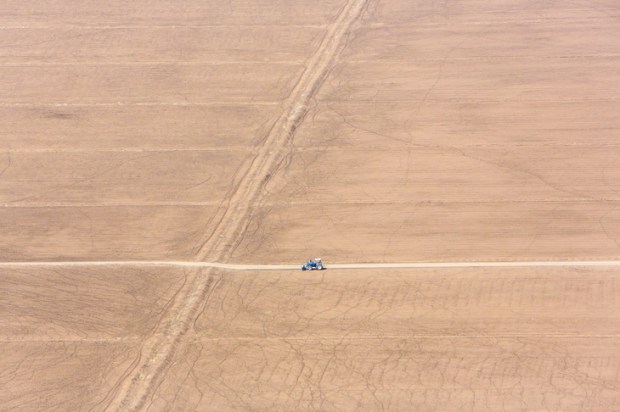

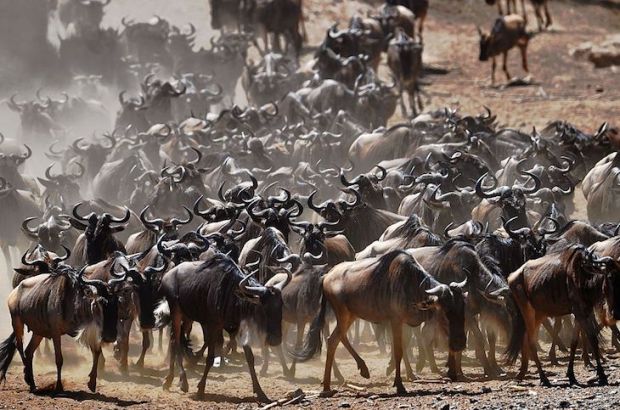






Comments
Don't miss out
Join the conversation with other Spectator Australia readers. Subscribe to leave a comment.
SUBSCRIBEAlready a subscriber? Log in